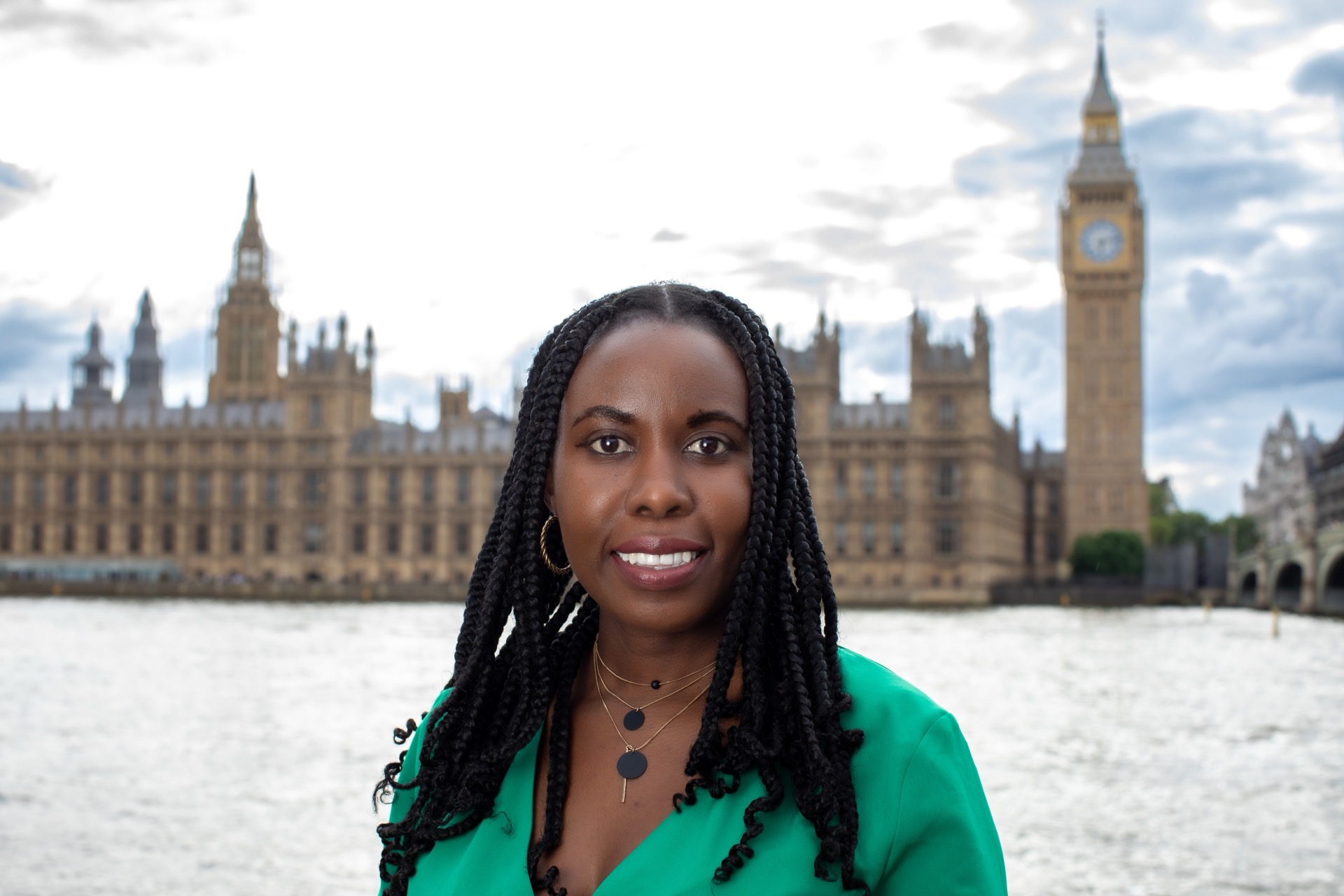Gift Sally is a Global Communications Leader and Head of Communications at Womankind Worldwide.
2024 has moved rapidly, filled with many developments ushering the world into a new era. Most institutions and companies are on the edge of responding to issues happening in real-time and affecting their brands across the wave of the AI explosion and emerging socio-economic pressure. And with information now accessed through a simple share on WhatsApp, misinformation and disinformation have shown that it can take seconds to build and destroy a brand’s reputation. Off the back of this, stakeholders are also now well informed, making better choices in their consumption patterns and demanding brands to be ethical and drive responsible business, not just focused on profit making.
These high-stakes situations have spotlighted the role of Comms in thought leadership and counsel and how executive leadership involves Comms in decision-making. It also beckons the question: “Is your Comms leader your best ally and confidant far and beyond crisis moments?”
A CEO’s core responsibility sits centrally in driving the brand’s strategic direction and long-term business performance. From where a CEO sits, they must surround themselves with truth-tellers by ensuring they are not isolated by yes-people, fostering an environment where honest feedback is valued.
A cross-team approach is central to making informed decisions, maintaining brand integrity, and effectively navigating high-stakes situations. It emphasises the importance of humility and openness to diverse perspectives in leadership. This is where the Comms department plays a prominent role – providing counsel to leadership on external positioning strategy while also ensuring the organisation stays true to its promise to stakeholders through brand integrity and walking the talk. This is essential for a company’s success, growth and building trust amongst stakeholders.

Creating an enabling environment where Comms experts occupy the C-Suite table, leveraging their expertise on critical matters, is a game-changer. As a CEO, there are several compelling reasons why your Communications chief should be your most trusted confidant.
First, your Comms chief is privy to sensitive information. Drawing from firsthand experience, they can identify potential landmines or incoming headwinds from a mile away, and share information that will safeguard your brand’s reputation, whether from a proactive stance or a reactive one.
Secondly, as a storyteller, no one understands and knows your brand in and out as well as a Comms expert. The supportive function of the Comms role exposes them to the technical core functions and operation models of your organisation, given that they cross-collaborate with most, if not all, departments. With this knowledge, it is clear that they are the message experts who will carefully craft and provide counsel on innovative ways you can land your message, especially in the current context where there is keen competition and information explosion. They also provide regular, unfiltered feedback on how your messages land and are perceived.
Discretion is also an essential component of the Comms role because, naturally, Comms experts often come across information that is of utmost confidentiality. However, do senior leadership colleagues lean on them as a safe soundboard, divulge critical information to them and see them as a safe space? Or do you operate in secrecy and only divulge information in crisis moments?
Crises can be quite difficult and can bring out the worst in everyone; and no organisation or company is immune. These situations require thinking on your feet, sometimes crafting responses on the go, while also appreciating the importance of cross-team engagement. This is where your Comms chief shines best, from centring the team to being level-headed as they navigate candid conversations about the challenge at hand. They also manage media relationships and the demands that come with heavy inbounds by giving the media a bigger perspective of the challenge at hand. In these moments, it is critical to understand crisis management cannot always be solved reactively, but solid crisis plans are needed to avert crisis where possible.
Strategic input in strategic decision-making is a core function of Comms chief, who is also a strategy expert. However, if not carefully thought about, their role can easily be compromised or overlooked. They leverage the Comms strategy, which is the guiding compass on stakeholder management, strategic positioning and building counsel on thought-leadership. Simply put, with the agile nature of the Comms role, they’re the best advisors on strategy and will provide honest and valuable feedback on what will work and what will not when making sound business decisions.
However, while these nuggets may present a clear picture of the ideal engagement with communications professionals, this is not the reality in most organisations. A majority of Comms experts are working for organisations that are still at the nascent stage of understanding the true value of Comms and even beyond that, relegating Comms to output-oriented activities and not strategic influencing.
Working with your Comms chief on an optimum level is not only smart business but profitable and it will enable you realise the best results as you strive to achieve your mission and vision. The strength of this relationship is however dependent on an organisation culture based on trust. So, today are you willing to change your perception of your Comms chief and lean on them as your best ‘objective’ ally, and not necessarily (always) your cheerleader?





